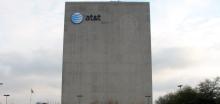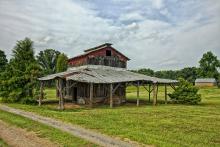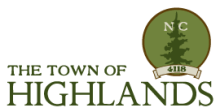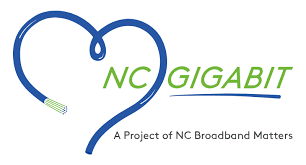Webinar: Getting the Broadband That Your Community Wants Factors in Deciding to Build it Yourselves
ETI Software Solutions sponsored an event to help untangle the set of considerations facing communities discussing what route they want to take to improve Internet access for families and businesses in the community.
Heather Gold (HBG Strategies) presided over the panel which included ILSR's Christopher Mitchell as well as Ben Fineman, President of the Michigan Broadband Cooperative, Steve Lang, IT Manager for the city of Wadsworth, Ohio and its CityLink Fiber, and Will Aycock, General Manager of the Greenlight Network in Wilson, North Carolina. They cover a lot of ground, from the different models worth considering, to the phases of planning, to financing, construction, and customer service.
Watch the video at ETI's YouTube channel, or below.









